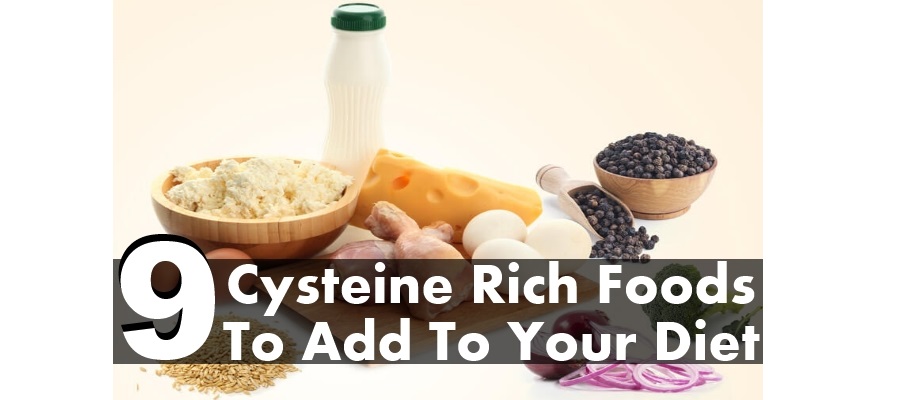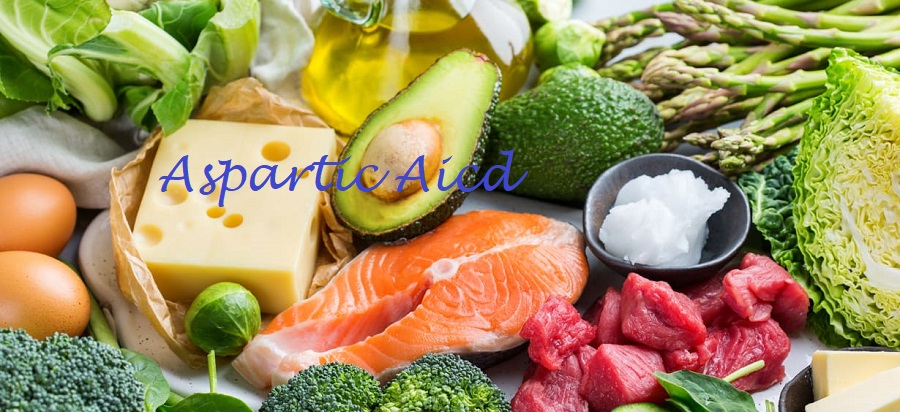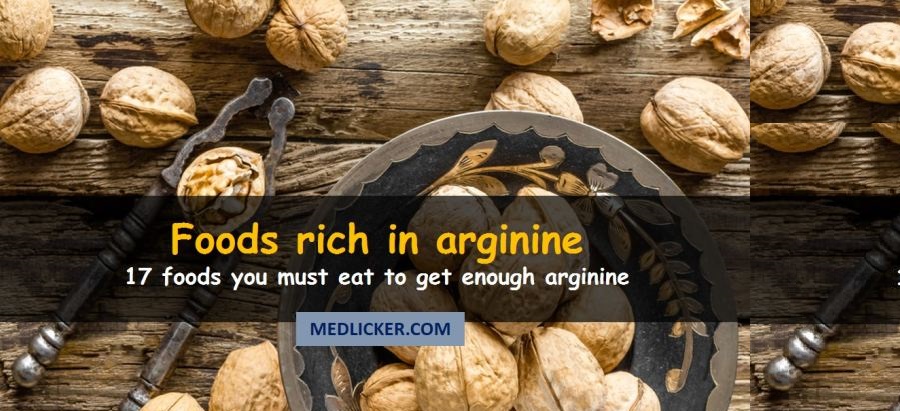Cystine is a non-essential amino acid, which means that the body can produce it on its own. It is formed when two cysteine molecules bond together. Cysteine is an amino acid that is important for the formation of hair, nails, and skin, and is found in many high-protein foods such as meat, eggs, dairy products, and legumes.
Cystine is important for the formation of the structural protein keratin, which is found in hair, nails and the outer layer of skin. It also plays a role in the formation of collagen, a protein that is important for skin elasticity. Cystine has been used as a supplement to help improve the appearance and strength of hair, nails and skin.
Cystine can also have other benefits for the body. It has antioxidant properties and may help to protect cells from damage caused by harmful molecules called free radicals. It also plays a role in the production of glutathione, a compound that helps to detoxify the liver and protect against certain diseases.
Cystine can be obtained from dietary sources such as chicken, turkey, yogurt, legumes, and wheat germ. It can also be taken as a dietary supplement, although it is always recommended to consult with a healthcare professional before starting any supplement regimen.
Cystine has been used in the treatment of various medical conditions such as radiation-induced damage, burns, and certain types of hair loss. It also has been studied for its potential in treating certain lung and skin conditions, but more research is needed to confirm these findings.
In summary, Cystine is an important building block for the formation of hair, nails, and skin, and has antioxidant properties which can protect cells from damage. It can be obtained from dietary sources or supplements, and may have potential benefits in treating certain medical conditions, but more research is needed to confirm these findings.
How does cystine contribute to the formation of hair, nails, and skin?
Cystine plays a key role in the formation of hair, nails, and skin by contributing to the structure of the proteins that make up these structures.
In hair, cystine is a component of the protein keratin, which forms the hair shaft. Keratin is a strong, fibrous protein that gives hair its strength and elasticity. Adequate levels of cystine in the body can help to maintain the integrity of the hair shaft and promote healthy hair growth.
In nails, cystine is also a component of the protein keratin, which forms the nails. Keratin gives nails their strength and hardness. Adequate levels of cystine can help to maintain the integrity of the nails, making them less prone to brittleness and breaking.
In skin, cystine is a component of collagen, a protein that gives skin its elasticity and firmness. Collagen is essential for the maintenance of skin structure, and helps to keep it smooth and youthful. Adequate levels of cystine can help to maintain the integrity of collagen and promote healthy skin.
Overall, cystine plays a vital role in the formation of hair, nails and skin by contributing to the structure of the proteins that make up these structures and by promoting the integrity of these structures that helps to keep them healthy and strong.
What are the benefits of supplementing with cystine?
Supplementing with cystine may offer several potential benefits, including:
-
Improved hair, nails and skin: As a component of keratin and collagen, cystine plays an important role in the formation of hair, nails and skin. By supplementing with cystine, it may help to improve the strength, elasticity and overall appearance of hair, nails and skin.
-
Antioxidant properties: Cystine has antioxidant properties and may help to protect cells from damage caused by harmful molecules called free radicals. It also plays a role in the production of glutathione, a compound that helps to detoxify the liver and protect against certain diseases.
-
Treatment of certain medical conditions: Cystine has been used in the treatment of various medical conditions such as radiation-induced damage, burns, and certain types of hair loss. It also has been studied for its potential in treating certain lung and skin conditions, but more research is needed to confirm these findings.
-
Immune system health: Cystine has also been studied for its potential to improve the overall health of the immune system by helping to produce antibodies and white blood cells that help to fight infections.
It's important to note that more research is needed to confirm these potential benefits, and that it is always recommended to consult with a healthcare professional before starting any supplement regimen. Additionally, it's important to note that excessive intake of cystine can cause diarrhea, nausea, and intestinal gas, and also has drug interactions with certain medications.
How does cystine differ from other sulfur-containing amino acids?
Cystine is a non-essential amino acid, which means that the body can produce it on its own. It is formed when two cysteine molecules bond together. Cysteine is an amino acid that is important for the formation of hair, nails, and skin, and is found in many high-protein foods such as meat, eggs, dairy products, and legumes.
Cystine is different from other sulfur-containing amino acids in several ways:
-
Cystine has a disulfide bond: Cystine is unique among the sulfur-containing amino acids because it has a disulfide bond. This bond is formed by the oxidation of two cysteine molecules, which results in the formation of cystine.
-
Cystine is important for protein structure: Cystine is important for the formation of the structural protein keratin, which is found in hair, nails, and the outer layer of skin. It also plays a role in the formation of collagen, a protein that is important for skin elasticity.
-
Cystine has antioxidant properties: Cystine has antioxidant properties and may help to protect cells from damage caused by harmful molecules called free radicals. It also plays a role in the production of glutathione, a compound that helps to detoxify the liver and protect against certain diseases.
-
Cystine is less reactive: Cystine has a lower reactivity compared to other sulfur-containing amino acids such as cysteine, meaning that it is less likely to participate in reactions that may cause damage to the cell.
In summary, cystine is different from other sulfur-containing amino acids because it has a disulfide bond, it's important for protein structure, it has antioxidant properties, and it's less reactive.
Can cystine be used to treat certain medical conditions?
Cystine has been used in the treatment of various medical conditions, but more research is needed to confirm its effectiveness and safety in treating these conditions. Some of the medical conditions that cystine has been studied for include:
-
Radiation-induced damage: Cystine has been studied for its potential to protect against the damage caused by radiation therapy, particularly in the treatment of cancer.
-
Burns: Studies have suggested that cystine may have a protective effect on skin and wound healing, and may be beneficial in the treatment of burns.
-
Hair loss: Cystine has been studied for its potential to improve hair growth and treat certain types of hair loss.
-
Lung conditions: Cystine has been studied for its potential to improve lung function in conditions such as cystic fibrosis and emphysema.
-
Skin conditions: Cystine has been studied for its potential to improve skin health and treat certain skin conditions such as eczema and dermatitis.
It's important to note that more research is needed to confirm these potential benefits, and that it is always recommended to consult with a healthcare professional before starting any supplement regimen, or using it as a treatment for any condition. Additionally, it's important to note that excessive intake of cystine can cause diarrhea, nausea, and intestinal gas, and also has drug interactions with certain medications.
How much cystine should be consumed daily for optimal health?
The recommended daily intake of cystine for optimal health is not well established. The recommended daily intake for an adult is not established for cystine as it is an non-essential amino acid which can be synthesized by the body. However, the recommended daily intake for cysteine (from which cystine is derived) is around 14 milligrams per kilogram of body weight, or about 930 milligrams for a 150-pound person.
It's important to note that cystine supplements are not widely available in the market and if you are considering taking cystine supplements, it is always recommended to consult with a healthcare professional to determine an appropriate dosage and the potential benefits or risks for your specific case. Additionally, it's important to note that excessive intake of cystine can cause diarrhea, nausea, and intestinal gas, and also has drug interactions with certain medications.
What foods are high in cystine?
Cystine is found in many high-protein foods such as:
-
Meat: meats such as chicken, turkey, and beef are high in cystine.
-
Fish: Fish such as cod, tuna, and salmon are also good sources of cystine.
-
Dairy products: Milk, cheese, and yogurt are high in cystine.
-
Eggs: Eggs are a good source of cystine.
-
Legumes: Legumes such as lentils, beans, and peas are high in cystine.
-
Nuts and seeds: almonds, walnuts, and sunflower seeds are also good sources of cystine.
-
Whole grains: Whole grains such as quinoa, oats, and wheat germ are high in cystine.
It's important to note that cooking methods can affect the amount of cystine in food, as cystine is sensitive to heat and can be destroyed during cooking. Therefore, it is recommended to consume cystine-rich foods in raw or lightly cooked forms to get the most benefits.


